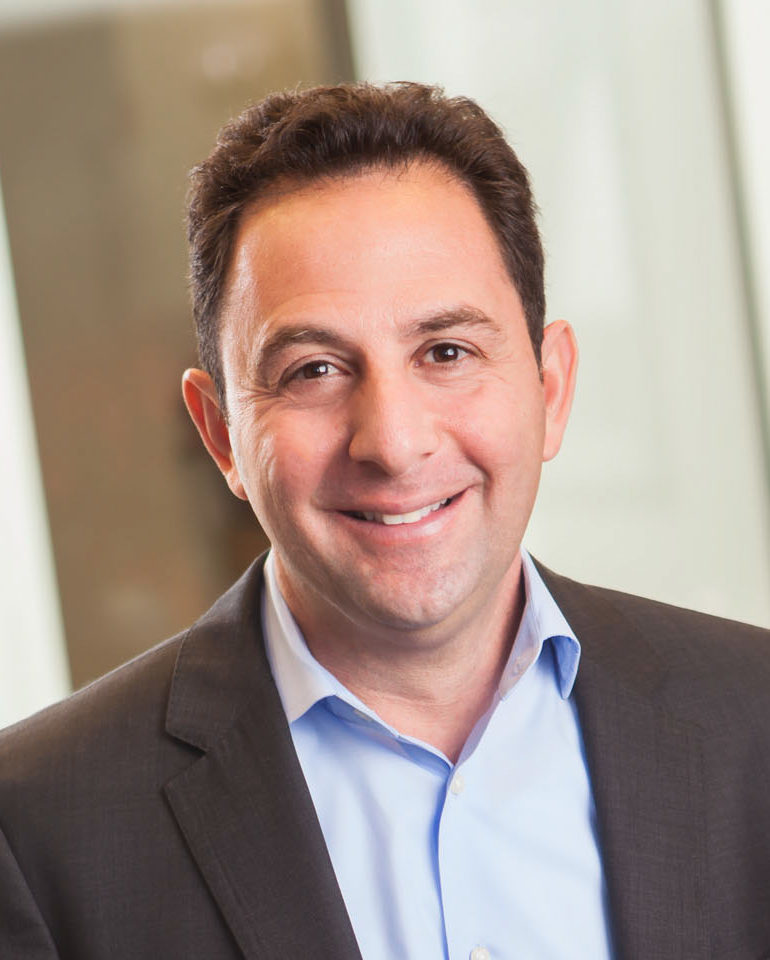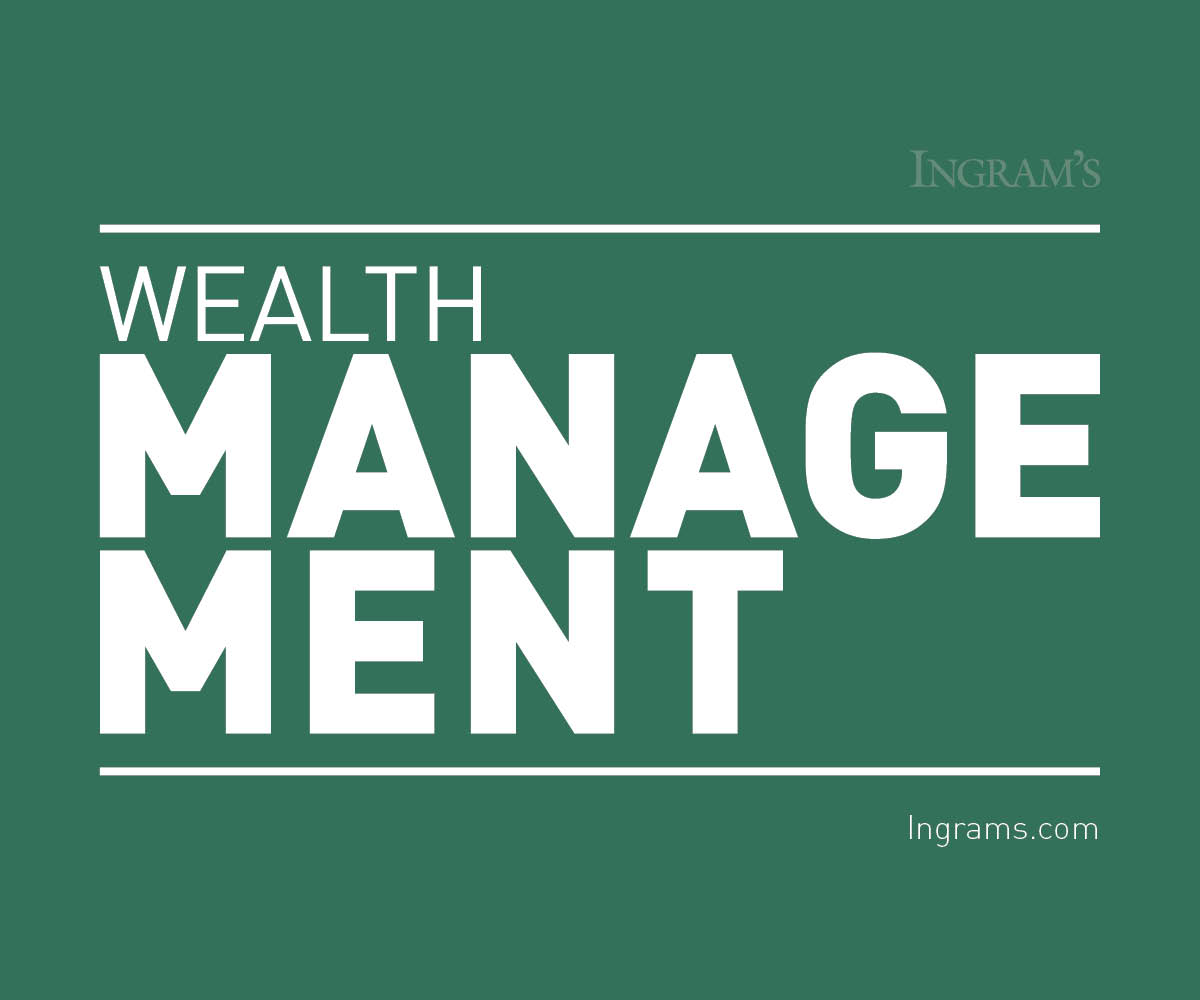HOME | ABOUT US | MEDIA KIT | CONTACT US | INQUIRE
HOME | ABOUT US | MEDIA KIT | CONTACT US | INQUIRE
Amid COVID-19 fear, there is opportunity here for the patient and the disciplined.
The gyrations in U.S. equities markets in March were truly unprecedented, spooked by a supply-and-demand conundrum. In a capitalist economy, everything is a function of supply and demand. Markets react very negatively to a significant disruption of either.

 After 9/11, the markets plummeted into well below today’s levels because of a disruption in demand. Before the drop ended, the S&P 500 had cratered 44 percent, with the NASDAQ down 78 percent. Yet factories, businesses and services remained open and operating all over the world. The issue certainly wasn’t a lack of supply. The problem was that everyone stayed cooped up in their homes, reluctant to go about doing things that make an economy go, like buying things.
After 9/11, the markets plummeted into well below today’s levels because of a disruption in demand. Before the drop ended, the S&P 500 had cratered 44 percent, with the NASDAQ down 78 percent. Yet factories, businesses and services remained open and operating all over the world. The issue certainly wasn’t a lack of supply. The problem was that everyone stayed cooped up in their homes, reluctant to go about doing things that make an economy go, like buying things.
Over time, people started to return to normalcy, demand resumed, and the markets fully recovered, moving on to new highs.
The 2008 and 2009 financial crisis was the opposite. The financial system became paralyzed because of a lack of supply and the lending world froze. No one could get or maintain a loan to do nearly anything. Without a supply of funds, businesses began to fail, contracting the supply of all sorts of things. At the same time, Americans felt less wealthy, and were consumed with a healthy dose of fear. That combination resulted in Americans not wanting to buy anything until they felt secure.
Today’s bear market cause is a combination of both a supply and demand shock, driven by fear. From a financial perspective, to really resolve the market turmoil, investors are going to have to see a turning of events. Specifically, the markets will need to believe the coronavirus is contained and that there is a path to defeating it. This can happen several ways, including:
Once investors see there is a path to defeat the current trajectory of cases, the market will then respond to financial incentives, such as tax breaks, lower interest rates and so on. Once the markets see a path to health, they will gladly welcome financial incentives that provide a path to restoring wealth.
Once there is evidence the health care part of the crisis is over, markets are likely to react positively in a very immediate and sharp fashion. In the meantime, expect wild swings as we get new information, whether it points to a deepening health crisis or signals that we have turned a corner for the better. Any timing in markets like this is ill-advised and usually results in permanent, damaging financial consequences.
America has ultimately defeated every crisis it has faced. This one will be no different. What none of us knows is how or when this will be over. In the meantime, we will do exactly what it took to help our clients come out of the 9/11 crisis and 2008/2009 crisis in better shape than they went into it.
As with every financial crisis, there are things we can control and things we cannot control. Some think this will pass soon, but aren’t positive. Some think millions will die, but aren’t positive. The market is taking every new piece of information and betting on who is right. Until we get conviction on one side of the argument, we will see more of this.
This is going to be a tough paragraph to read, but it needs to be said. Assume the death toll is in line with the worst-case predictions. This would be horrible and every one of us would know someone that lost their life to this crisis. And as for the markets? Well, the other 326 million Americans and people all over the world will eventually do what every society has ever done: go on living their lives. That is just the cold, hard reality. It is how the human spirit works. And it is ultimately what makes markets work. At some point, supply and demand reconvene.
We are convinced that it will be a wild ride until we get clarity. We are convinced that it will, someday, somehow pass. And when it does, the markets will recover, as well.
That conviction enables us to do what we did through 9/11 and 2008/2009. Our clients came out not only with their portfolios in one piece, but all that followed our advice saw their portfolio move on to new highs, with each of our recommended investments fully recovering and going on to new highs as well.
There is opportunity here for the patient and the disciplined.
We will seize it.